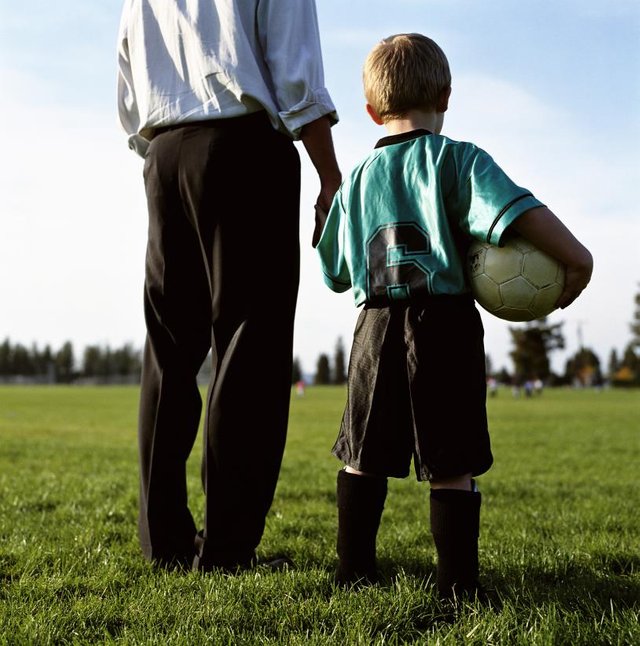How to Get Your Kids to Try Something New
The beginning of the school year offers kids of all ages a chance to try something different
Back to school can seem like back to the same old grind.
But the new school year also offers kids a chance to start something new. And the benefits of trying something new—at any time of year—are high, says Robyn Silverman, a child and teen development specialist.
When we try new things, Silverman says, “You learn what you don’t like. You learn what you love. You learn how you learn.” And when all those things converge, says Silverman, we discover something even more important: “what our passions are.”

So how can parents encourage kids to get out of old ruts, and try something different?
Elementary age kids, Silverman says, need concrete examples. To help them understand the value of trying something, she’ll often ask kids to think about their favorite thing or person–and then remind them that “if you had never tried that, you would have no idea it was one of your favorites.” This reframes trying new things as an opportunity, not just a challenge.
Parents can help kids step out by encouraging them to name their worries, but also to name what might help them overcome their fears. And once kids come up with a plan to overcome their fears, Silverman says, it’s important for parents to let kids do as much on their own as they can, like asking a teacher for more information about an upcoming trip. “If you’re doing it for them,” Silverman says, “They’re getting second hand information. They need to hear with their own ears, and speak with their own mouth.”
By middle school, Silverman says, kids have more experience. And some of those experiences haven’t been so good. So many of the fears kids have may be due to things that didn’t go well in the past. Parents can encourage kids to keep trying new things by helping them work through fears that are based in the past – and reminding kids how things are different now: “What kind of skills, gifts, or perspectives have you gained since then?”
By high school, Silverman points out, kids may be getting pigeon-holed by the activities they’ve already chosen. But they’re still young, and still have a lot to learn, both about the world and themselves. Parents can help them keep learning by asking, “What do you wish you could try?” and then helping kids come up with strategies to find space in life to start something new.
The goal is to help them try enough new things to come up with the answer to some much bigger questions that can hopefully guide their lives: “Where would you like to spend your time? Where do you find your joy?”